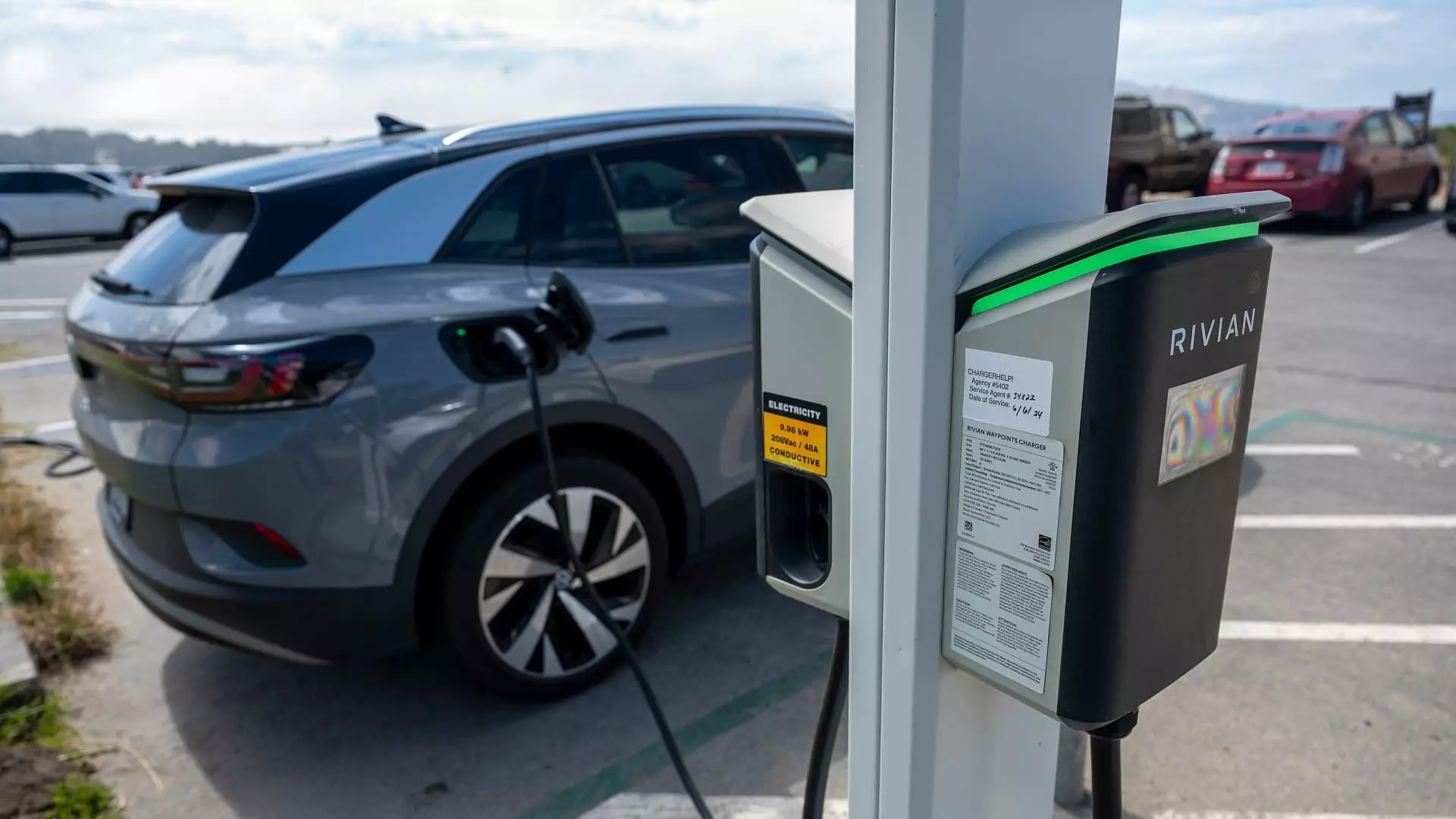When looking at the cost of electric vehicles (EVs) versus traditional gasoline-powered cars, there are a few factors to consider. While EVs may have a higher upfront purchase price, the recurring charges for fuel and maintenance tend to be lower. This can result in a total lifetime cost that is actually lower than that of a gas-powered vehicle, according to experts. However, the comparison between EVs and gas cars in terms of total cost depends on various factors such as the specific EV model, the location of the buyer, and how the battery is charged.
Experts suggest that as battery prices continue to decline, it will become easier for EVs to reach cost parity with gasoline cars. In fact, some smaller EVs are already starting to break even, even without incentives. The average cost for a new EV in June 2024 was around $56,000, while a gas-powered vehicle was priced at $49,000. However, car manufacturers have been reducing EV prices, and the federal government offers tax credits of up to $7,500 for qualifying EV buyers. Additionally, states and utilities may provide tax breaks to help offset the costs associated with purchasing an EV or installing charging infrastructure.
According to a Consumer Reports study from 2023, owning an EV could save the typical driver anywhere from $6,000 to $12,000 over the life of the vehicle compared to a gas-powered model. This is partly due to the fact that EVs require less maintenance and repair, as they have fewer moving parts than conventional fuel engines. Additionally, refueling an EV tends to be significantly cheaper due to its higher energy efficiency and lower electricity prices compared to gasoline.
While EVs may offer financial benefits over gas cars, the savings can vary significantly based on geographical location. Factors such as electricity and gasoline prices can impact the total lifetime cost of an EV. For example, in states like Texas with lower gas prices, it may be more challenging for an EV to break even. Moreover, EVs are typically more cost-effective for drivers who can recharge their batteries at home rather than relying on public charging, which tends to be more expensive.
Cities that are considered to be particularly EV-friendly share characteristics such as low electricity costs, high gasoline prices, moderate climates, and direct purchase incentives. According to a study analyzing costs in 14 different U.S. cities, small and low-range EVs are found to have a lower total cost of ownership compared to similarly sized gas vehicles across all cities, even without tax incentives.
Longer-Range EVs vs Gasoline Vehicles
When comparing longer-range EVs with approximately a 300-mile range to gas-powered vehicles, the study found that smaller EVs like compact cars and midsize sedans can be cost-competitive even without subsidies. However, the longest-range EV models, around 400 miles, are not yet as cost-competitive with gasoline vehicles, even with subsidies.
While EVs may offer long-term cost savings compared to gasoline cars, the actual savings can vary based on several factors such as the specific model, geographical location, and charging habits of the owner. As battery prices continue to fall and car manufacturers reduce prices, we can expect EVs to become more cost-competitive with gas cars in the future.

